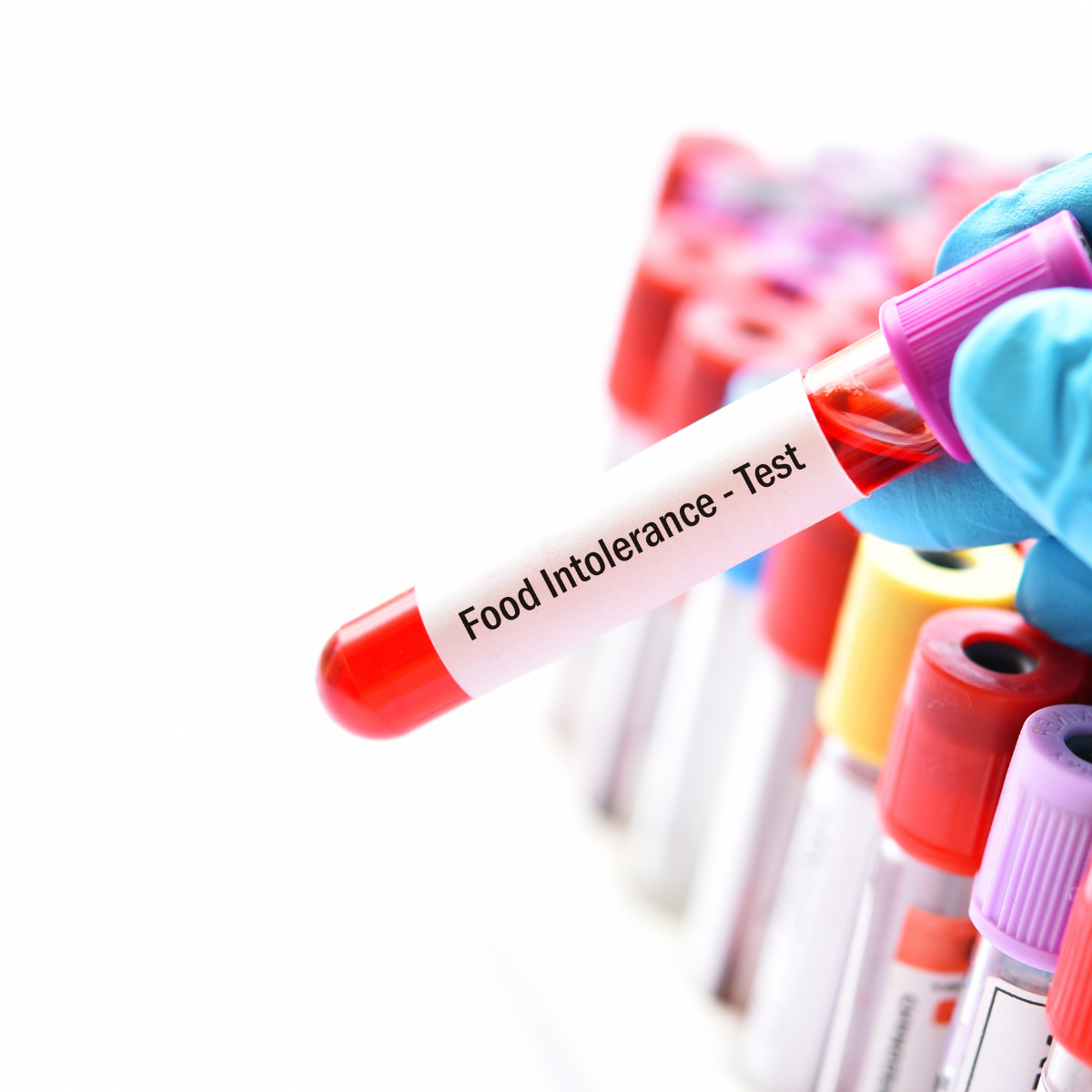Causes and risk factors
Fructose intolerance can be an inborn defect. It may be hereditary. Absence of enzyme aldolase B in body leads to the disorder.
Clinical presentation
Symptoms include intolerance to fructose. Patient presents with poor feeding in case of infants. There is irritability in children. Excessive sleepiness can be seen. Gastrointestinal disturbance such as vomiting, diarrhea, etc., occurs after eating fruits and fructose/sucrose-containing foods. Jaundice may occur. Convulsions may occur. As fructose is not converted into glucose, there is reduction in blood sugar level while there is an increased level of glucose in the liver, hence symptoms of hypoglycemia occur.
Investigation
Medical history by the patient and clinical examination by the doctor helps in diagnosis. Blood test for BSL is done. Urine test is required. Genetic testing is recommended.
Treatment
Careful dietary planning to avoid fructose and its components may be required. Fruits need to be avoided. Fructose is replaced in the diet by glucose, maltose, or other sugars.
Other Modes of treatment
The other modes of treatment can also be effective in treating fructose intolerance.
Homoeopathy is a science which deals with individualization and considers a person in a holistic way. This science can be helpful in combating the symptoms. Similarly, the Ayurvedic system of medicine which uses herbal medicines and synthetic derivates is also found to be effective in treating fructose intolerance.































I’ll immediately snatcһ your rss as I can not find
your e-mail subscrіption hyperlink or newsletter service.
Do you have any? Please alⅼow me know in order that I
may just subscriƅe. Thanks.